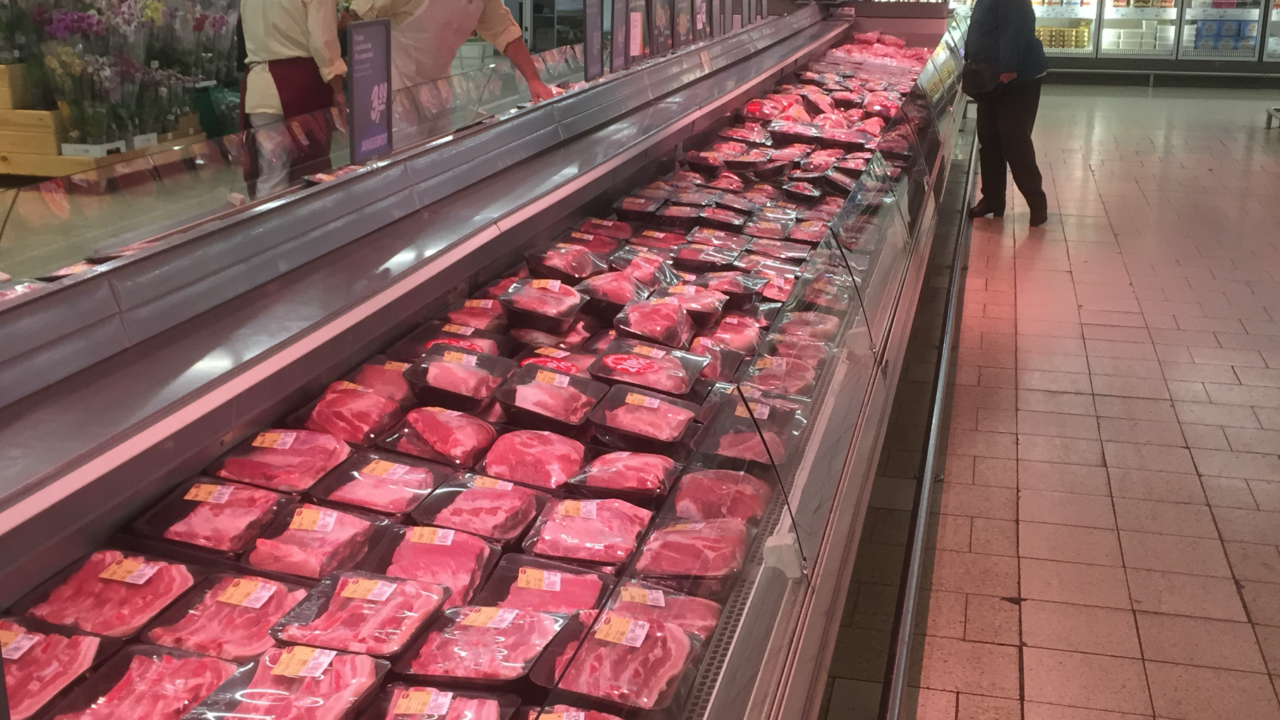Despite the economic crisis sparked by Covid-19 and uncertainties related to Brexit, agri-food trade continued to grow in the first six months of 2020, according to the latest agri-food trade report from the European Commission.
The EU enjoyed an agri-food trade surplus of €27.4 billion during this period, an increase of 3% compared to the corresponding months of 2019.
Although the monthly values of EU27 exports picked up in June after a fall in May, the monthly value of EU imports have continued to further decrease following the downward trend since March this year.
In terms of product categories, the strongest growths in export values were recorded for wheat (€1.7 billion) and pigmeat (€1.59 billion), as well as coarse grains (up by €427 million) and pet food (up €316 million).
EU agri-food exports continued to perform strongly in both China and the Middle East and North Africa (MENA) region.
In the MENA region, the value of EU agri-food exports grew most notably in Saudi Arabia (by €484 million), Algeria (€385 million) and Morocco (€313 million). This growth was driven by strong demand for EU barley and wheat.

Trade with the UK declined
In relation to EU27 trade with the UK, the value of exports to the UK fell by €521 million in the first half of 2020, with wine, poultry meat, fruit and vegetable preparations, and butter the main product categories affected.
Significant falls were also recorded in EU export values to the USA (a drop of €440 million, led by spirits and liqueurs, wine, and fruit juices), Hong Kong (down by €245 million), and Singapore (a decline of €219 million).
Reductions were also recorded in the value of EU agri-food imports from the US (a drop of €304 million, mainly due to a fall in the EU’s intake of US soybeans), Ukraine (down €328 million) and India (down by €241 million).
